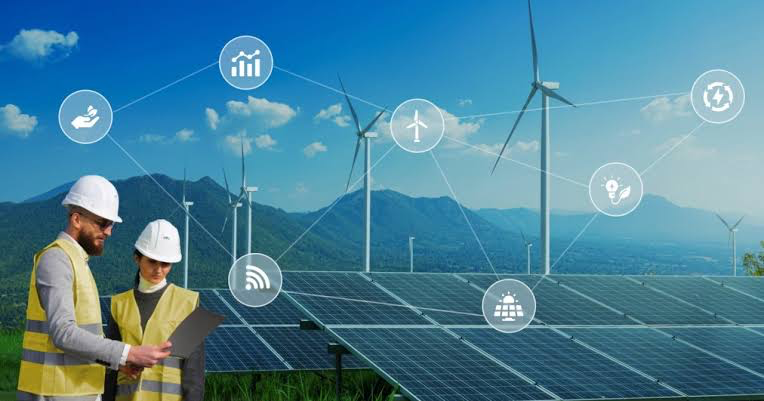KEY POINTS
- Africa’s energy sector requires innovative solutions like blockchain to address its hurdles, with demand projected to grow by 50% by 2030.
- Leveraging blockchain could position Africa as a leader in energy innovation, as global investment in the technology nears $39.7 billion by 2025.
- Rising energy demand and blockchain investments create new business models and opportunities.
Africa’s energy sector grapples with inefficient supply chains and opaque pricing, with over 600 million people still lacking reliable electricity.
The continent’s rising energy demand, projected to grow by 50% by 2030, amplifies the need for innovative solutions.
Blockchain technology holds significant promise, offering enhanced transparency, efficiency, and accountability across Africa’s energy markets.
As global blockchain investments are set to reach $39.7 billion by 2025, African nations have a unique opportunity to leverage this technology, address infrastructure and regulatory gaps, and establish themselves as pioneers in energy innovation.
Challenges in Africa’s energy market
The current energy landscape is plagued by several issues, such as inefficient supply chains that result in costly delays and energy losses due to theft or mismanagement. Additionally, opaque pricing structures and limited access to data hinder informed decision-making by governments, utilities, and consumers. In many regions, these inefficiencies contribute to high costs and unreliable energy supplies.
Blockchain’s transformative potential
Blockchain technology can enhance energy management by providing transparent, secure digital systems. Its immutable ledger enables supply chain tracking, ensuring energy sources are traced from generation to consumer, thereby reducing theft and increasing accountability.
Smart contracts facilitate automated energy trading among producers, utilities, and consumers. For instance, South Africa’s renewable energy trading platform uses blockchain for seamless transactions between small-scale producers and consumers, executing trades only when specific conditions are met, minimising errors and boosting trust.
Energy tokenization further innovates access; in Kenya, a blockchain-based prepaid electricity project allows consumers to buy electricity in small increments using digital tokens, improving payment efficiency and democratising energy access for low-income households.
Opportunities and impact
Blockchain adoption can drive efficiency in Africa’s energy sector by reducing losses, boosting transparency, and enabling decentralized trading. Integrated with IoT and smart grids, it optimizes distribution and real-time monitoring, creating new revenue streams for providers.
However, regulatory gaps, infrastructure limits, and scalability challenges remain, along with low energy literacy among consumers. By fostering transparency and supporting sustainable business models, blockchain holds transformative potential for Africa’s energy markets, paving the way for a more efficient, accountable, and greener future as investments accelerate.



